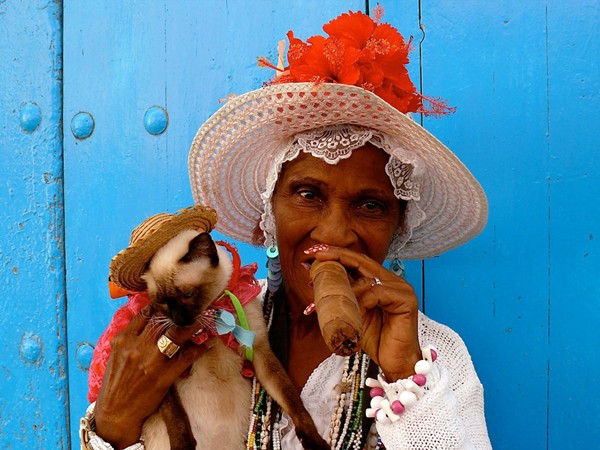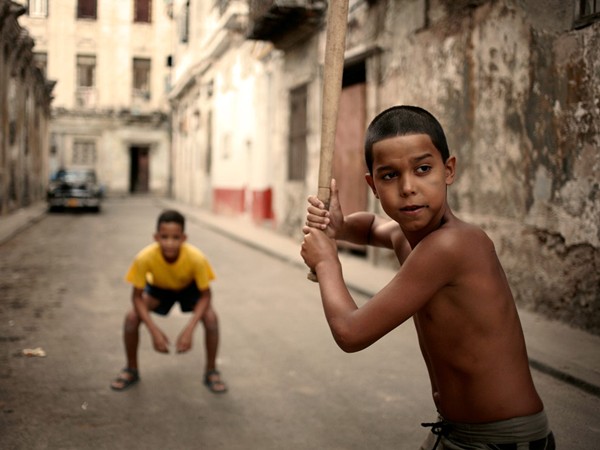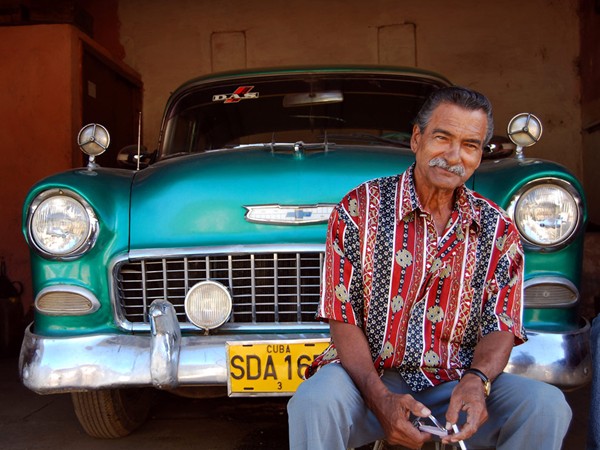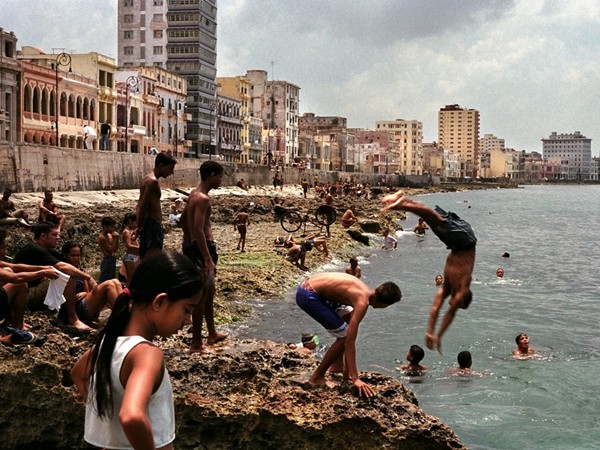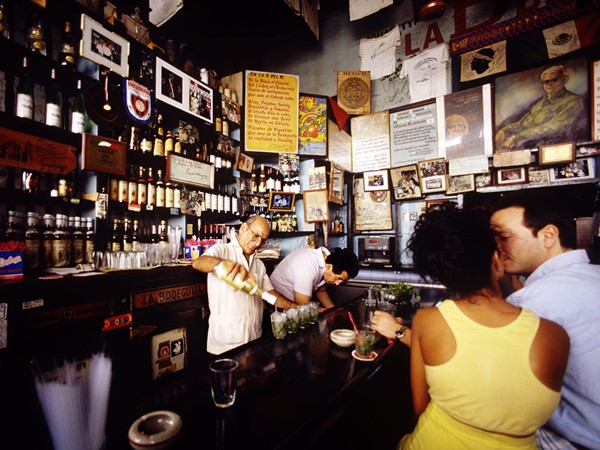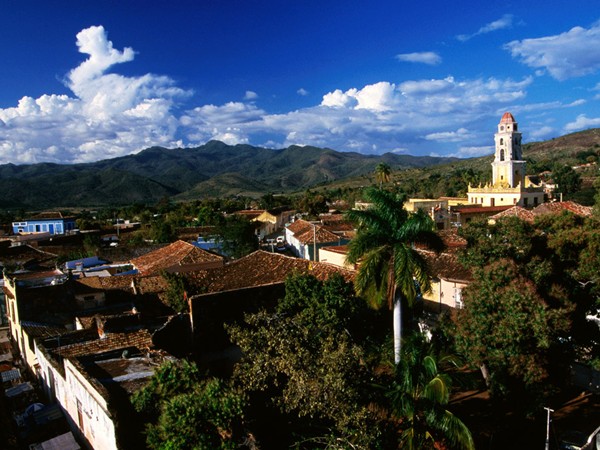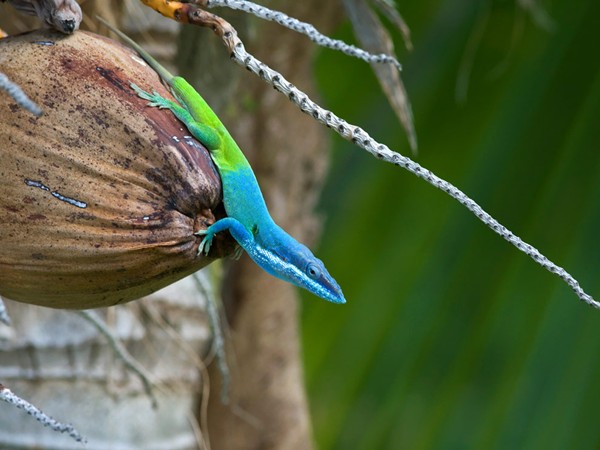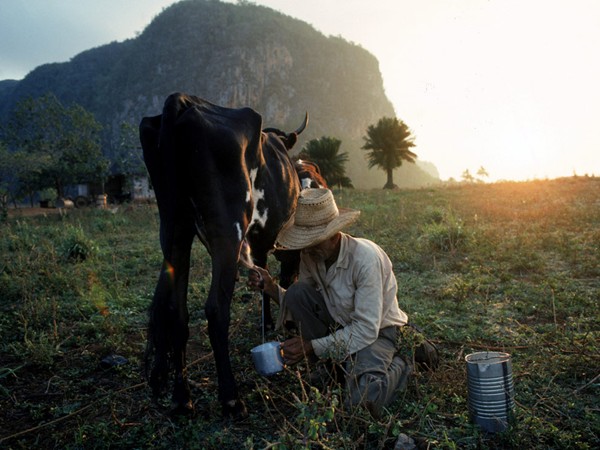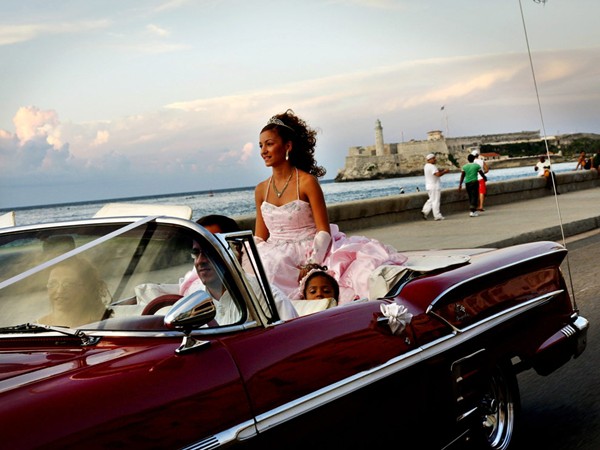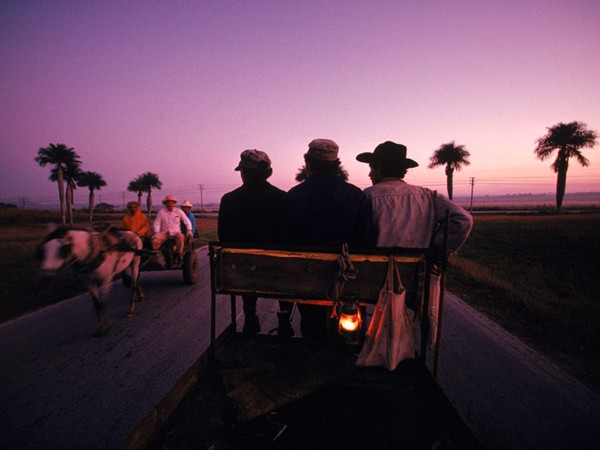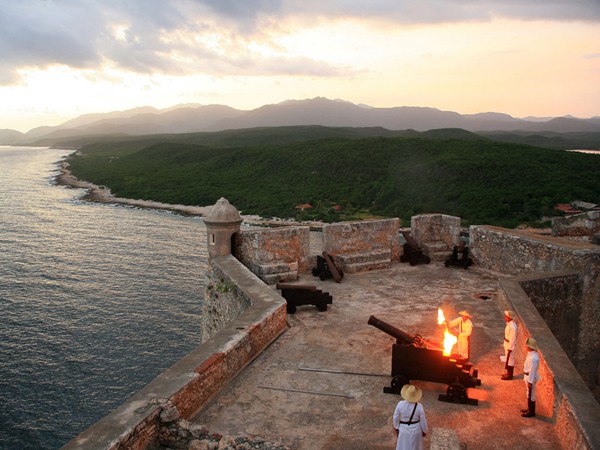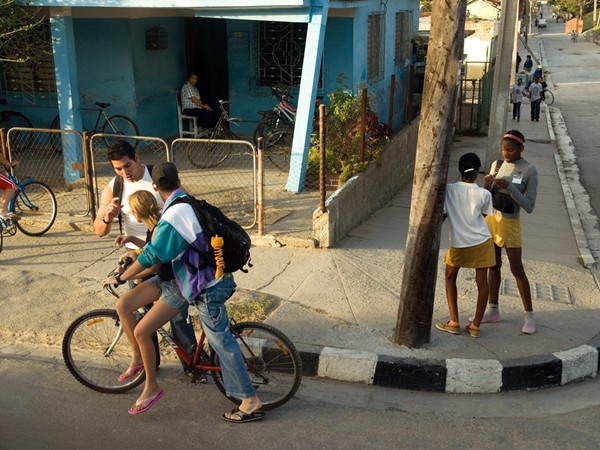Photography: Cuba
Cuba photo gallery
Heavy U.S. involvement after Cuba's independence from Spain in 1902 was supplanted by an association with the Soviet Union following Fidel Castro's 1959 revolution. In 1961 Castro established the first communist state in the Western Hemisphere. Since then more than a million Cubans have moved to the U.S. Cuba's centrally planned economy initially brought dramatic gains in education, health care, and social welfare. The economy crashed after Cuba was abandoned by the former U.S.S.R. and Eastern European trading partners in the early 1990s, and food and energy were tightly rationed.
Despite the U.S. trade embargo, Cuba's economy is improving due to Canadian, European, and Latin American investments—especially in tourism. The natural beauty of Cuba brings millions of tourists, with many coming to see the thousands of species of plants and animals that live nowhere else on Earth. Protected natural areas take up nearly 22 percent of Cuban territory, providing habitats for crocodiles, flamingos, orchids, and more. Politically the government still restricts human freedoms, although religious rights saw some progress in 1998 with Christmas, December 25, being reinstated as a national holiday. In southeastern Cuba, the U.S. maintains a presence at Guantanamo Bay; the 1934 treaty between Cuba and the U.S. grants a perpetual lease for the naval base—voided only by mutual consent or by U.S. abandonment of the base.
In February 2008, an aged and ailing Fidel Castro resigned as Cuba's president, ending 49 years of uninterrupted rule. He named his brother, Raul, as successor.
© National Geographic
Comments: 0
There are no comments yet, be the first to write a comment!

